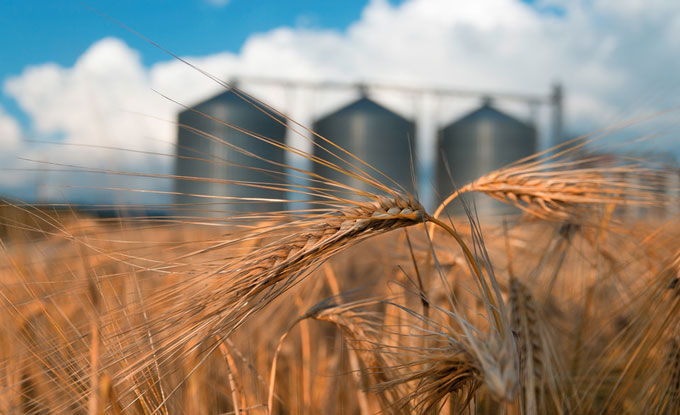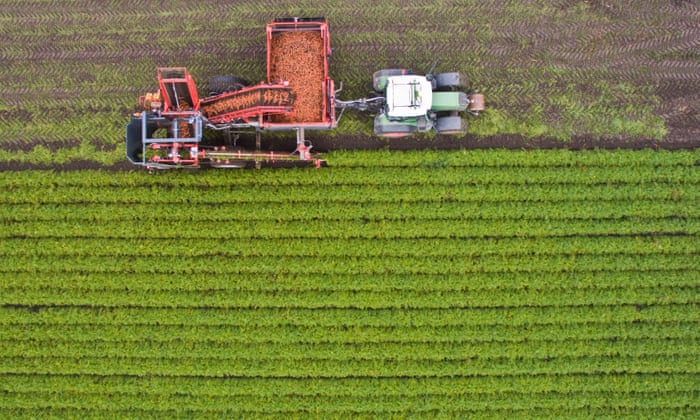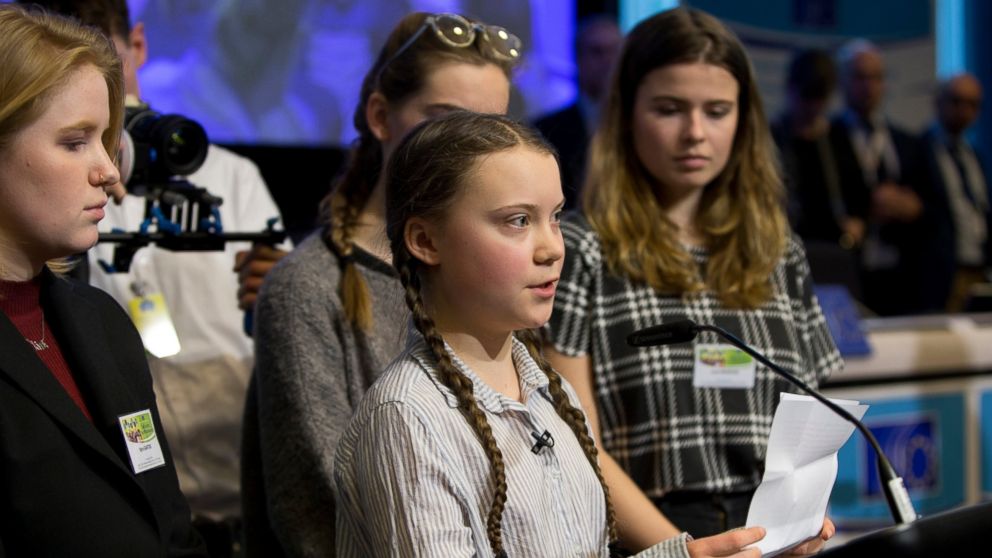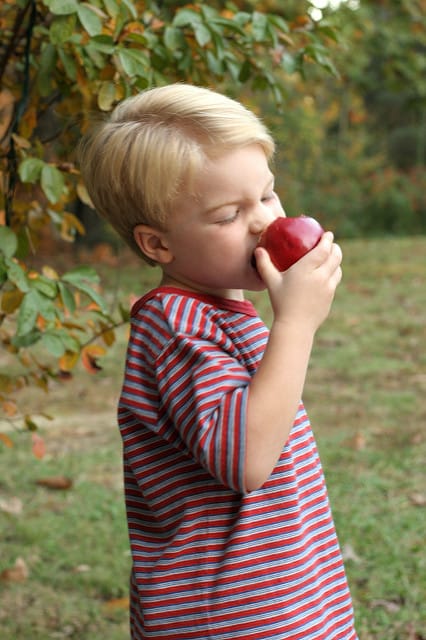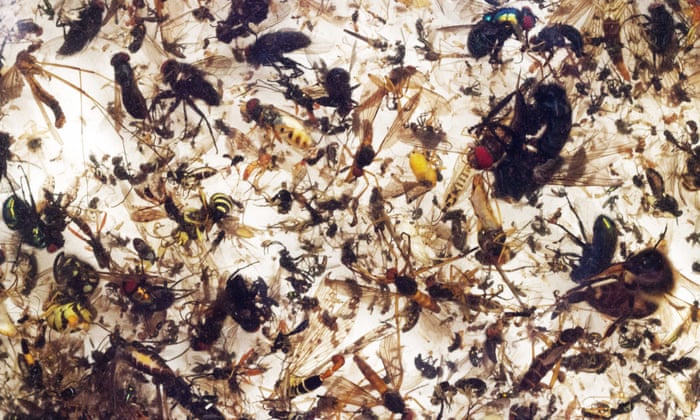FYI. Not where public opinion should be and far away from other countries but it is getting better…
Data from our Climate Change in the American Mind surveys show that, over the past five years, the proportion of Americans who think global warming is happening and who worry about it has increased sharply. During this time, Americans have become increasingly convinced that global warming is happening (+11 percentage points), is human-caused (+15), and that most scientists agree it is happening (+15). The proportion of Americans who say they have personally experienced the effects of global warming has also increased (+13).

A Growing Majority of Americans Think Global Warming is Happening and are Worried - Yale Program on Climate Change Communication
Data from our Climate Change in the American Mind surveys show that, over the past five years, the proportion of Americans who think global warming is happening and who worry about it has increased sharply. During this time, Americans have become increasingly convinced that global warming is happening (+11 percentage points), is human-caused (+15), and that most scientists agree it is happening (+15). The proportion of Americans who say they have personally experienced the effects of global warming has also increased (+13).
A Growing Majority of Americans Think Global Warming is Happening and are Worried - Yale Program on Climate Change Communication

